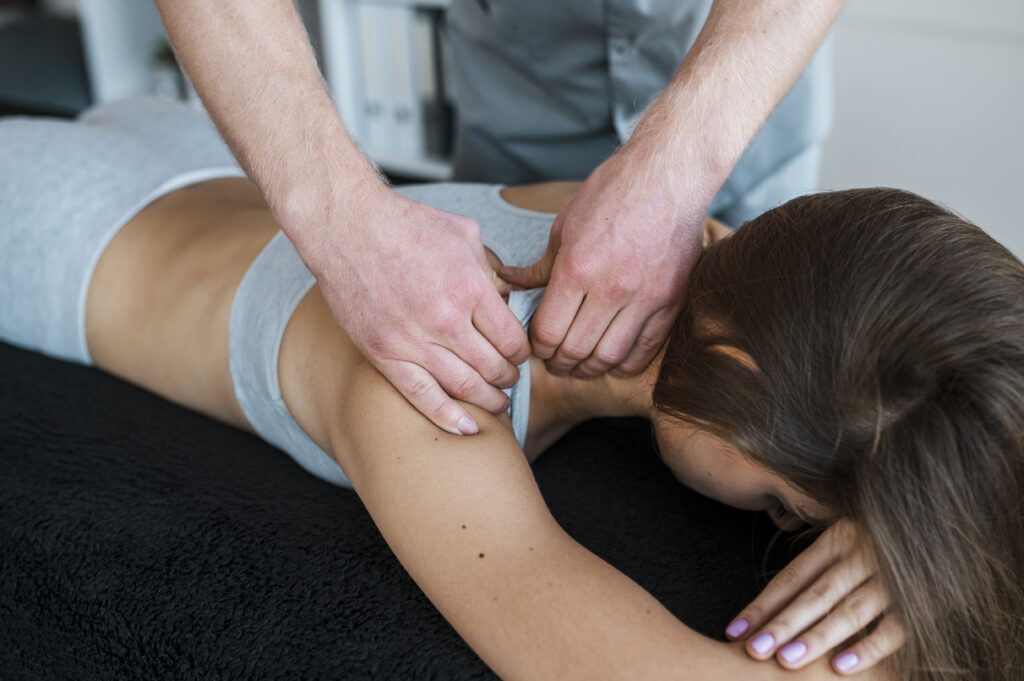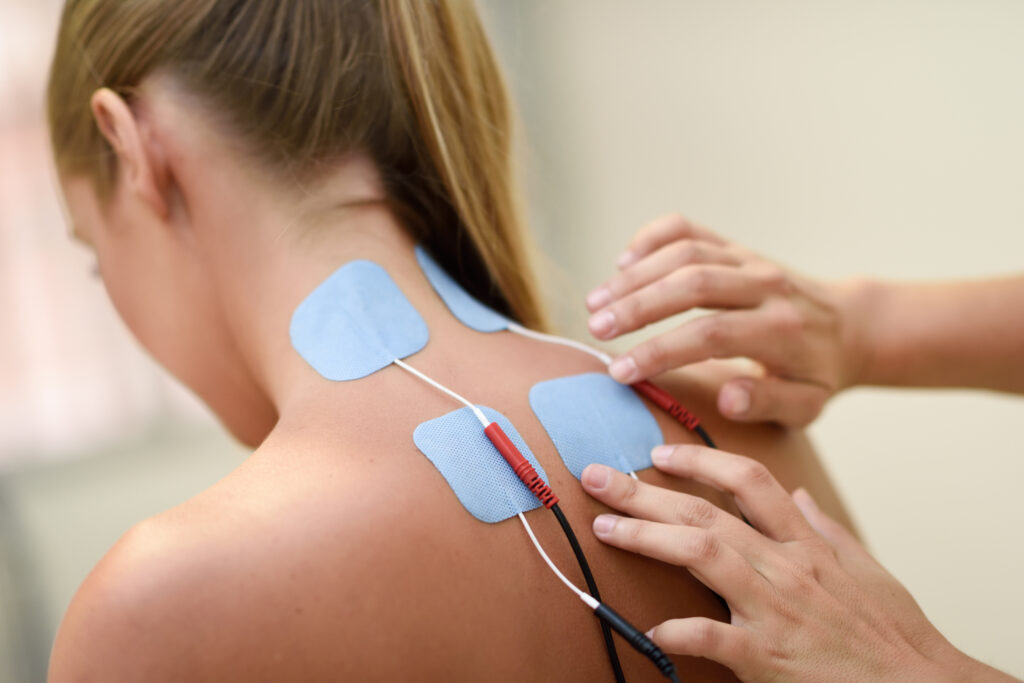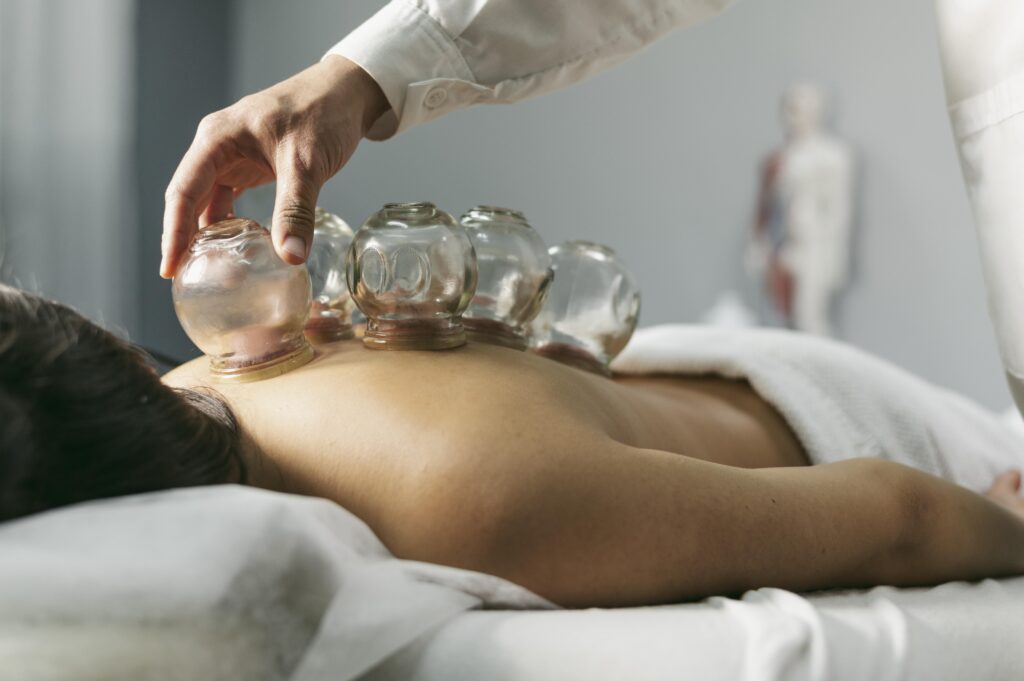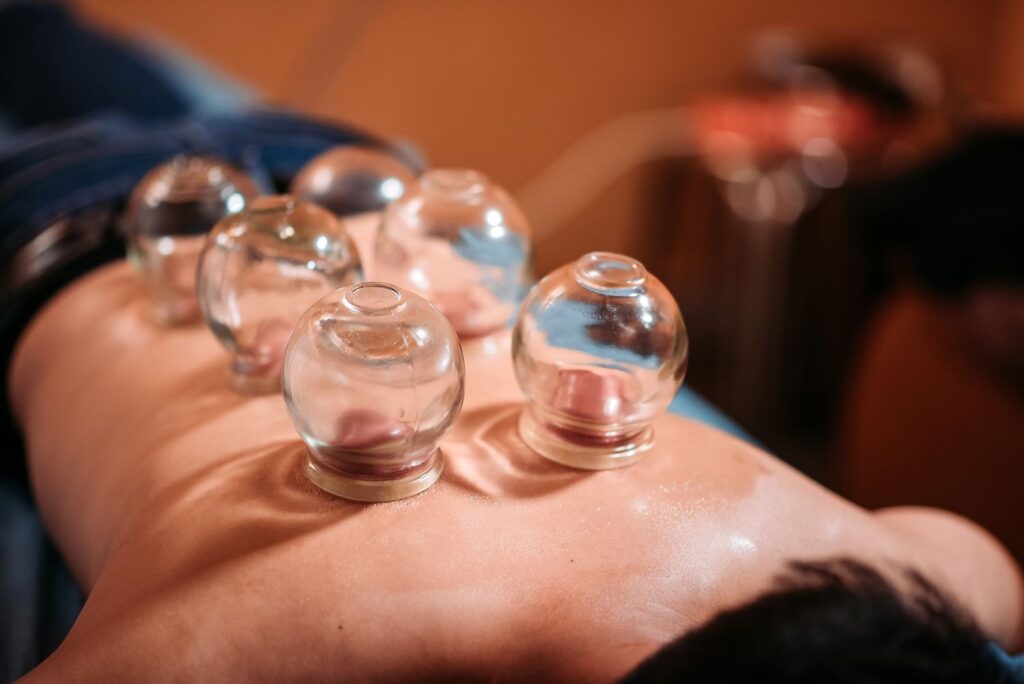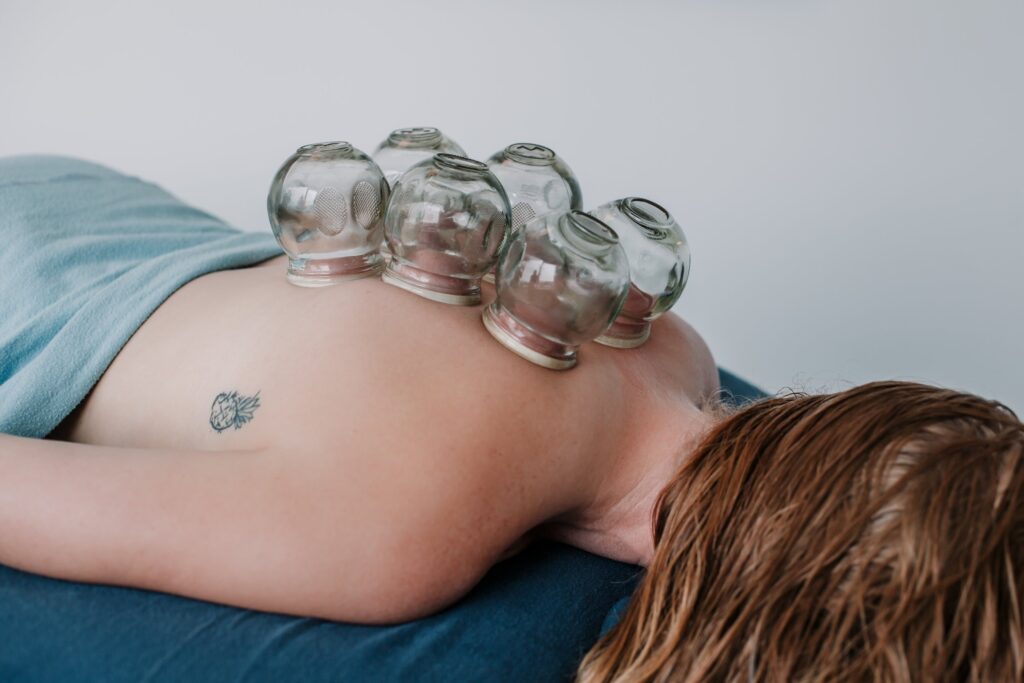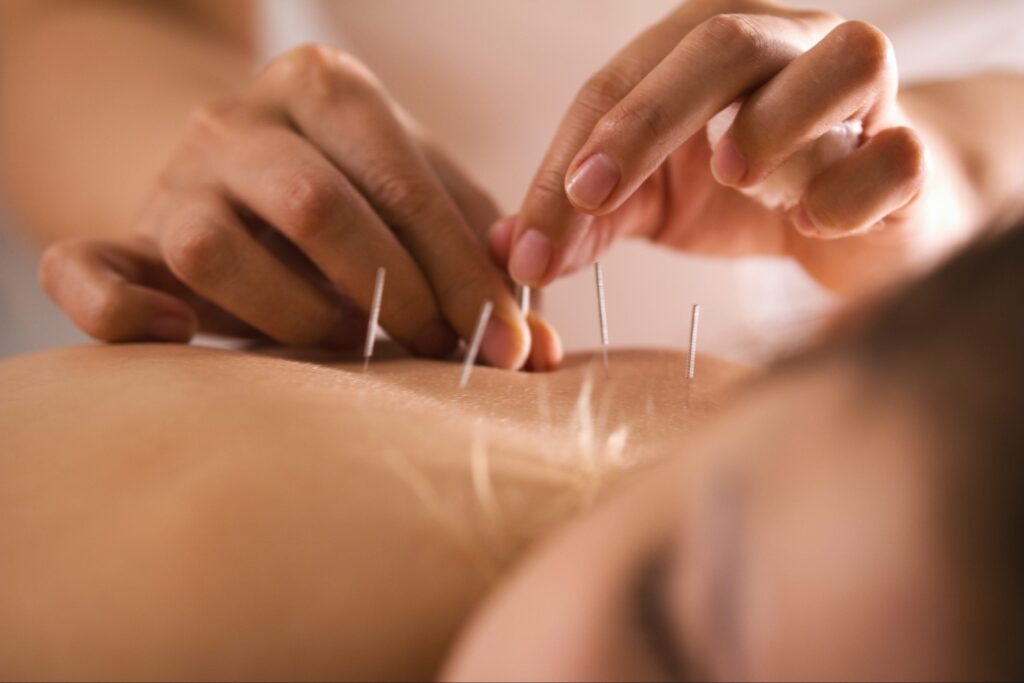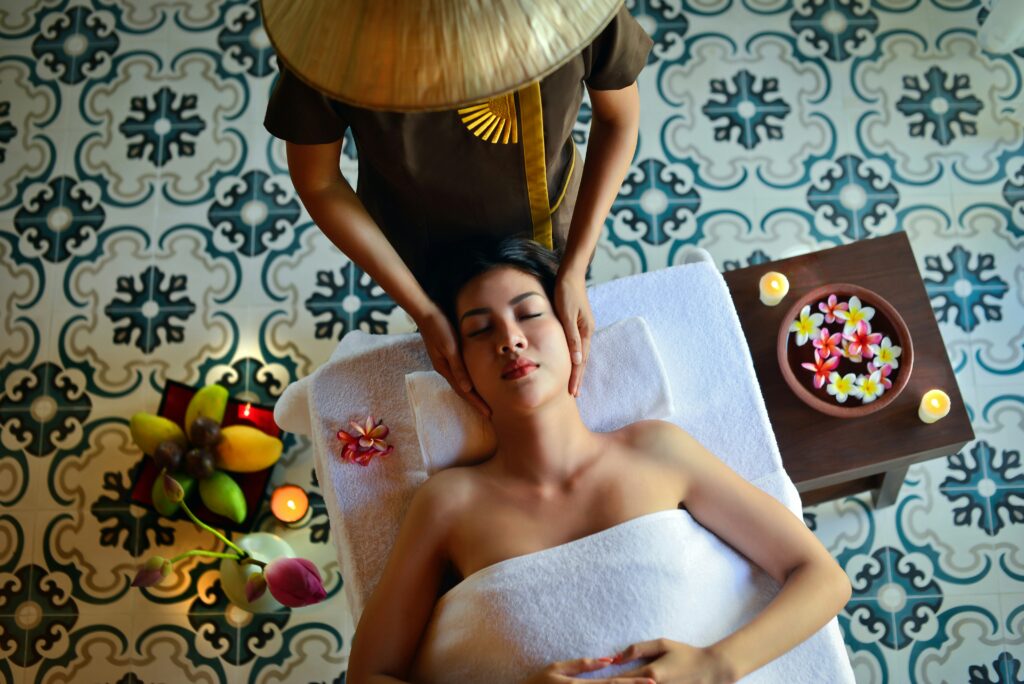
Blog
Modern Acupuncture: How NYC Clinics Blend Tradition and Innovation
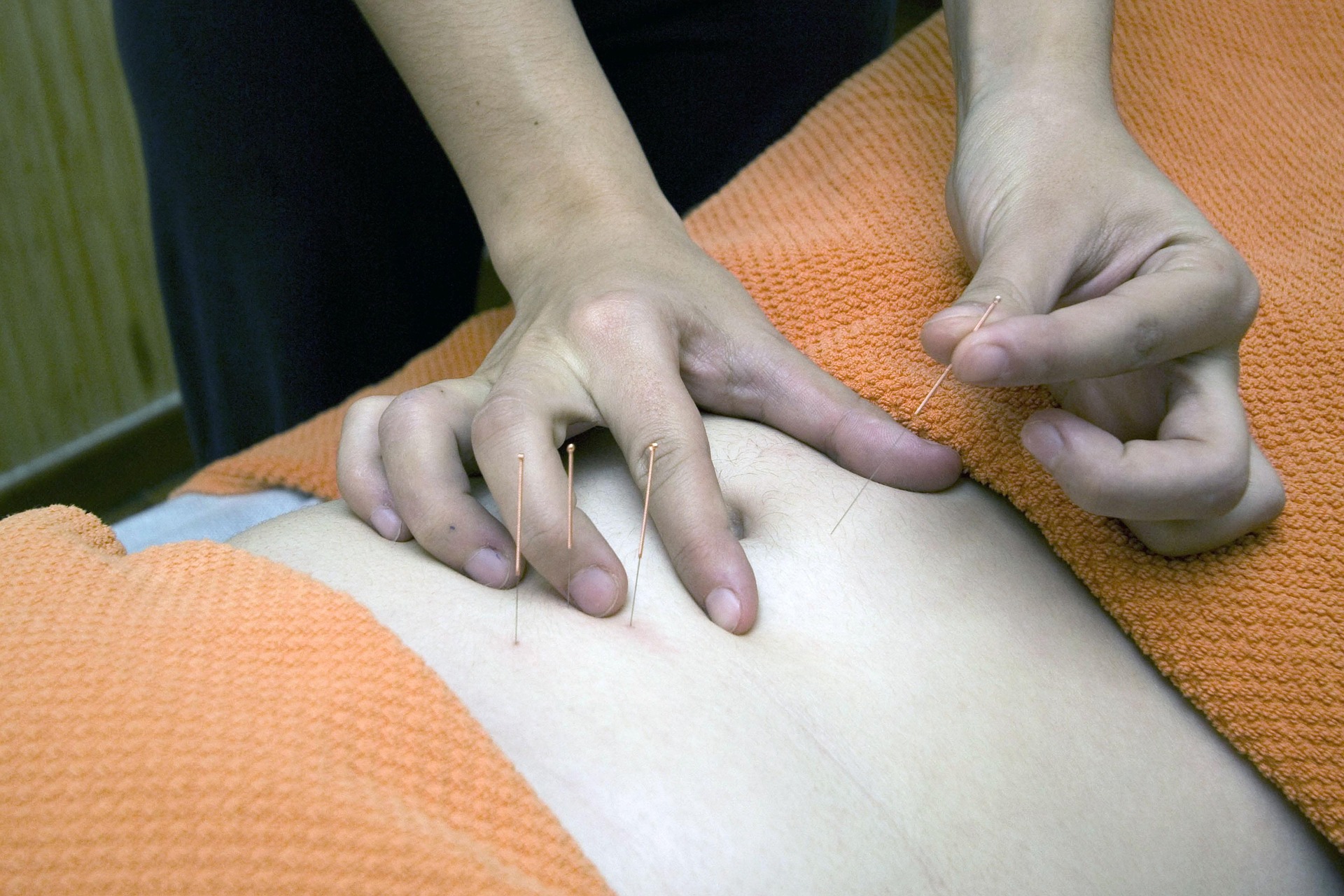
New York City moves fast. That pace affects everything — from how we work and sleep to how our bodies feel by the end of the week. For many people, acupuncture has become a quiet way to reset. It gives you time to slow down, rebalance, and support your body using techniques that have been around for thousands of years.
Today, clinics across the city are blending ancient methods with modern research. This mix of old and new is what makes acupuncture therapy NYC patients so often rely on. It feels grounded, yet up to date. Personal, but practical. And it fits into a busy lifestyle.
What acupuncture really is
Acupuncture is a treatment that uses very thin needles placed at specific points on the body. These points are chosen based on what your body needs — stress relief, better sleep, pain support, digestion help, and more.
In East Asian medicine, the focus is on restoring the body’s balance and energy flow. In modern settings, practitioners also look at things like circulation, nerve response, and how the brain processes pain.
It’s not magic. But it is science and tradition working side by side.
Why people book acupuncture in NYC
The most common reasons people try acupuncture are:
- Ongoing stress
- Back, neck, or joint pain
- Headaches and migraines
- Fatigue and burnout
- Sleep trouble
- Digestive discomfort
- Hormonal or menstrual issues
People also use acupuncture for support during fertility treatment, recovery from injuries, or just to feel more like themselves in the middle of a packed week.
The beauty of acupuncture is that it meets you where you are. You don’t need to wait until something feels “bad enough.” You can come in simply because something feels off or you want to feel better in your body.
What makes modern acupuncture different
If you haven’t been to an acupuncture clinic NYC residents trust, you might imagine candlelight and incense. While some spaces still include those elements, modern acupuncture has evolved in practical ways.
Here’s what many NYC clinics now include:
- Digital booking and reminders
- Sessions that fit into a lunch break
- Electroacupuncture for targeted results
- Infrared lamps to warm and relax muscles
- Cupping or gua sha used alongside acupuncture
- Practitioners who can explain things clearly, without jargon
Clinics using modern tools can still stay true to the core of East Asian medicine. It’s not about changing the roots of acupuncture. It’s about making it easier for people to benefit from them.
What happens during a session
A typical appointment begins with a short conversation. Your practitioner will ask about your energy levels, sleep, digestion, work stress, pain, and any ongoing symptoms. These questions guide how the session is planned.
You’ll lie on a comfortable table. The practitioner will gently insert thin, sterile needles at specific points. These needles are not like the ones used in medical settings. They’re flexible and much thinner. Most people feel little to nothing as they go in. Some describe a wave of warmth or a light tingling sensation.
You may rest with the needles in place for about 25 to 30 minutes. Some people fall asleep. Others just enjoy the stillness. After the session, you might feel more clear-headed, grounded, or deeply relaxed.
Is acupuncture backed by science?
Yes. Many studies show that acupuncture can:
- Support the nervous system
- Trigger the release of endorphins (the body’s natural pain relievers)
- Help with blood flow and inflammation
- Calm overactive stress responses
- Improve sleep quality over time
These effects don’t happen all at once. But with regular care, people often notice changes in how their body responds to stress, pain, and daily challenges.
How often should you go?
It depends on what you’re working on. Some clients come in weekly. Others come every other week or once a month. If you’re dealing with something like chronic pain or anxiety, weekly sessions may be recommended at first. As things improve, you might space them out.
A good acupuncture therapy NYC clinic will help you set a pace that makes sense — nothing pushy, just steady and practical.
How to know if acupuncture is right for you
If you’ve been feeling tired, tense, or out of sync, acupuncture can give you a low-pressure place to reset. You don’t need to have a serious diagnosis or be in pain to book a session. Many clients use acupuncture as part of staying well, rather than just fixing something that’s already wrong.
It can be especially helpful if:
- You’ve tried other treatments but still feel off
- You’re trying to reduce your use of medication
- You want a natural way to support focus, energy, or sleep
- You prefer a hands-on, body-based approach
Choosing an acupuncture clinic in NYC
There are a lot of clinics in the city, but not all of them work the same way. When choosing a provider, look for one that:
- Has licensed practitioners
- Makes time to talk through your symptoms and daily habits
- Doesn’t overcomplicate the process
- Explains things in ways that make sense
- Helps you feel comfortable asking questions
A good acupuncture clinic NYC clients return to often has a relaxed energy. You’re not rushed. You’re listened to. And your care is based on what actually fits your life.
At Grand Madison, we combine thoughtful listening with practical planning. We offer acupuncture, cupping, and other therapies designed to support your day-to-day health. We don’t overpromise. We focus on helping you feel better, one visit at a time.
Conclusion
Acupuncture has changed how many New Yorkers approach wellness. It’s not a last resort. It’s not mysterious. It’s simply one way to help your body feel more supported in the middle of a busy week.
If you’ve been curious, now’s a good time to try it. Choose a clinic that feels welcoming. Start small. Pay attention to how your body responds. The changes might be subtle at first — better sleep, less tension, a clearer head — but they build with time.
You don’t need to know everything about acupuncture to benefit from it. You just need a quiet place, a good practitioner, and a little time to check in with yourself.

